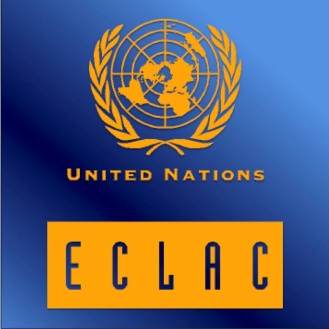New funding opportunities for disability projects discussed at ECLAC

Organizations working with persons with disabilities (PWDs) in the Caribbean have a better chance to access funds for disability-related projects, following a training workshop conducted by the Economic Commission for Latin America and the Caribbean (ECLAC) sub-regional headquarters for the Caribbean.
The workshop, which was held on 23 October 2019 at ECLAC Caribbean headquarters in Port of Spain, brought together universal service funds (USFs) administrators and organizations working with PWDs across Dominica, Grenada, Jamaica, Saint Lucia, Saint Kitts and Nevis, Saint Vincent and the Grenadines, and Trinidad and Tobago.
In the Caribbean, there are approximately 1.3 million persons with a disability of some kind and around 250,000 persons with a significant disability. Persons with disabilities (PWDs) face a range of physical, social, attitudinal and institutional barriers that prevent their full and effective participation in society on an equal basis with others. As a result, they experience less favorable outcomes in health, education, employment and housing.
A recent ECLAC study, entitled “Using Universal Service Funds to increase access to technology for Persons with Disabilities in the Caribbean”, identified several challenges to increasing the effectiveness of USFs in the Caribbean as well as better utilising them to increase access to technology for persons with disabilities. One of these challenges in identifying sufficient projects that target PWDs and their special access needs.
In keeping with the findings of the ECLAC study, the training demonstrated the latest ICTs available for PWDs and the opportunities they create for people with different types of disabilities, and sought to increase the capacity of organizations working with PWDs to draft project proposals for funding.
The workshop also provided guidance to USFs on how to establish a disability focal point; explained the qualifications, scope of work and targets of the focal point; and detailed the support necessary to ensure the success of this initiative.
The activity aimed to support Caribbean governments in advancing the implementation of the 2030 Agenda for Sustainable Development in its ambition to leave no one behind. It also promoted implementation of the Convention on the Rights of Persons with Disabilities.





